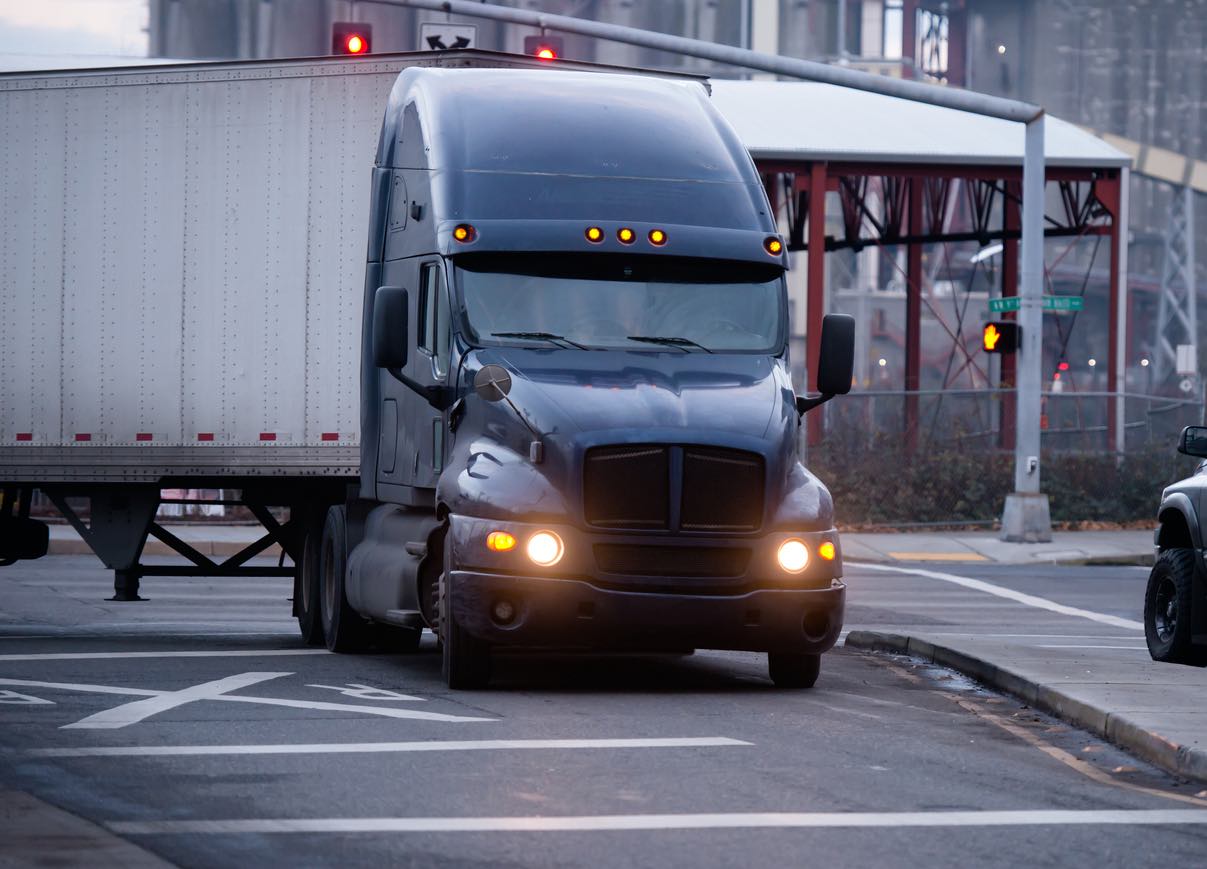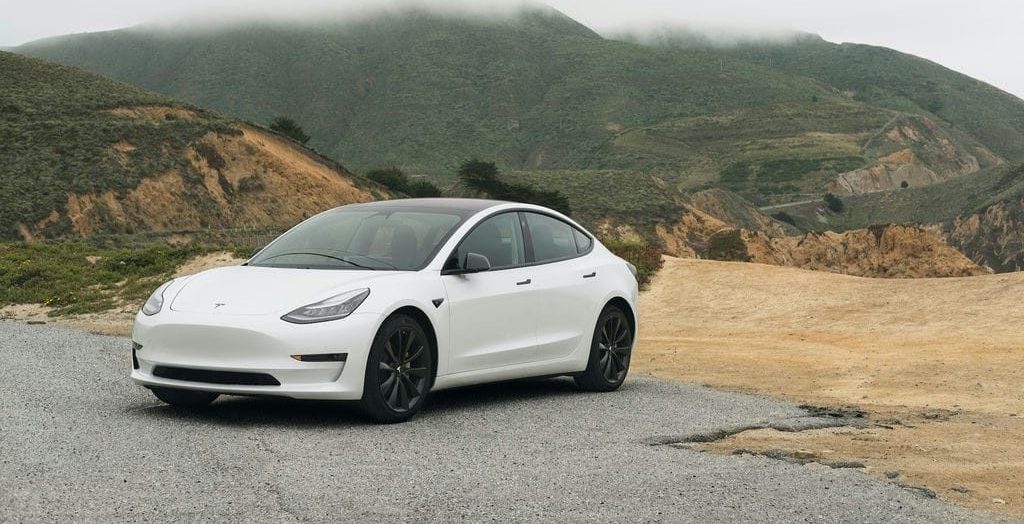In a major safety recall affecting thousands of vehicles, Paccar has alerted customers to a serious defect that may cause multiple truck models to completely lose steering. If this worrying problem is not quickly and successfully resolved, drivers might be seriously injured in serious incidents. This blog article explores the specifics of the recall, including the models that are impacted, the problem in question, and the actions being taken to fix it. It seeks to educate owners and prospective purchasers on the gravity of the problem and the steps that must be taken to guarantee safety. Making sure that everyone involved is aware of the consequences and recognizes the necessity of the corrective actions being taken is the main priority.
The recall also acts as a critical wake-up call for the heavy-duty truck sector, highlighting the necessity of strict quality control and constant attention to vehicle safety. We’ll take into account the wider effects, such consumer confidence and regulatory reactions, as we investigate the extent of this recall. This post aims to provide readers all the knowledge they need to handle this difficult situation by delivering an in-depth account of the incident. It provides insights into the mechanical faults as well as suggested preventive measures to minimize risks in the future.

What Triggered the Recall? The recall initially started when it was discovered that a ball stud in the tie rod or drag link might break, which could result in the steering system failing to function properly. A number of Kenworth and Peterbilt trucks, which are prominent models in the Paccar brand portfolio and are primarily built for heavy-duty jobs, were found to have this fault.
Models Affected Among the exact models that are impacted are the K270, K370, T280, T380, T480, T680, T880, W900, and W990 models manufactured by Kenworth, as well as the 220, 536, 537, 548, 567, 579, and 589 models manufactured by Peterbilt. Prior to the completion of repairs, it is strongly recommended that owners of certain models refrain from using their vehicles.
Safety Measures and Repair Process As a result of the discovery, Paccar has spoken with dealers in order to make arrangements for the inspection and replacement of the tie rod and drag link assemblies at no cost to the owners of the trucks. It is essential that this part of the recall be carried out in order to prevent any occurrences that can result in serious injuries or even fatalities.

Previous Recalls and Continuous Safety Issues There have been previous instances in which Paccar vehicles manufactured in the model year 2025 have been subjected to safety concerns. Additionally, there have been previous recalls that have been recorded affecting the steering gear sector shaft and the steering gear assembly. These recalls have raised doubts regarding the general safety of vehicles and the quality control procedures adopted by Paccar.
Industry Repercussions The recall has substantial repercussions for Paccar’s brand and has the potential to cause customers to lose faith in the company. Additionally, it sheds light on larger safety and quality assurance concerns that are present within the automotive industry, particularly in the manufacture of heavy-duty vehicles or trucks.

The recent Paccar recall serves as more than simply a formal requirement; it is a sobering reminder of how crucial it is to continue strict quality control and preventive safety measures throughout the vehicle production process. This event brings to light the possible dangers posed by vehicle flaws, especially those that may result in catastrophic malfunctions such a loss of steering. The recall serves as a call to action for manufacturers to examine and improve their safety protocols, guaranteeing that these kinds of risks are found and fixed before they endanger consumers.
Furthermore, this circumstance acts as a grim reminder to vehicle owners and operators of the value of maintaining knowledge about the state and upkeep of their motor vehicles. The recall is not only about resolving a technical problem; for businesses that depend significantly on these vehicles, it’s also about reiterating a commitment to dependability and safety. Quick and careful reactions to these recalls are essential for averting mishaps and protecting both people and company property. This tragedy highlights how important it is for owners, manufacturers, and regulatory agencies to work together to maintain safety standards in the automobile industry.

Ship A Car, Inc. is the best option for both people and companies when it comes to securely transferring your car or freight across the United States. They make sure your shipping demands are satisfied with the highest level of expertise as they are renowned for treating every shipment, regardless of size or kind, with care and accuracy. At (866) 821-4555, their staff of knowledgeable transport coordinators is constantly on hand to offer individual consultations and the best shipping costs and choices for your specific requirements. You’re choosing more than simply a transport service when you work with Ship A Car, Inc.; you’re choosing a peace of mind that your priceless cargo are in skilled hands. They are a trustworthy logistics partner since they have a strong nationwide network that ensures safe and prompt delivery.
Q1: What should owners of the recalled Paccar trucks do immediately?
A1: Drivers of impacted models should stop from operating their vehicles and get in touch with their dealerships to make arrangements for the necessary inspections and repairs.
Q2: How does this recall affect Paccar’s brand reputation?
A2: Multiple recalls, particularly on newer models, may have a substantial influence on the faith that consumers have in a brand and the reputation of the company, which can lead to worries about the general safety of vehicles.
Q3: Are there any costs involved for truck owners needing repairs due to this recall?
A3: No, there will be no cost associated with any inspections or replacements that are required for the tie rod and drag link assemblies after they have been completed.




